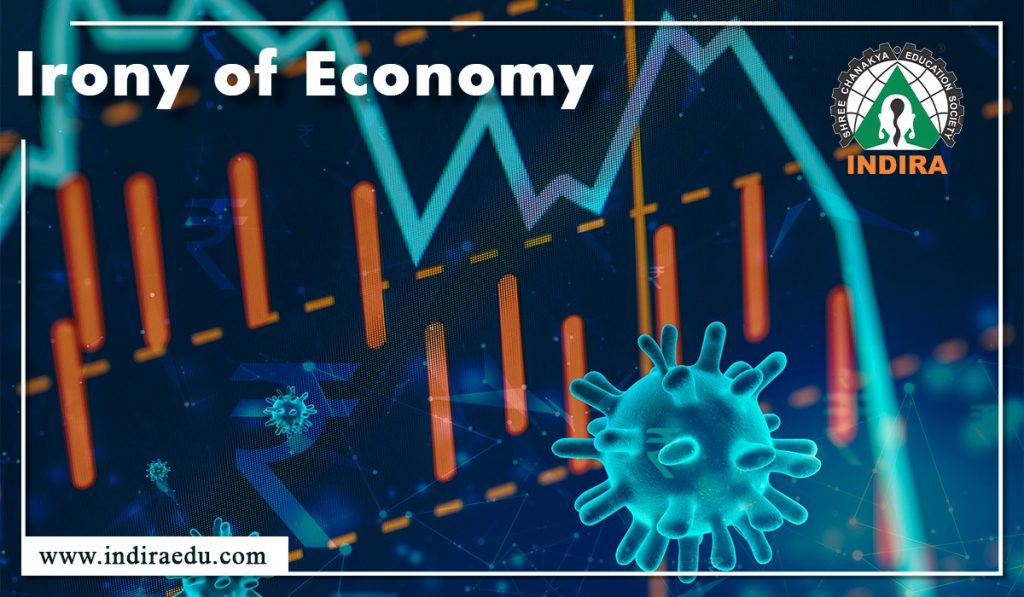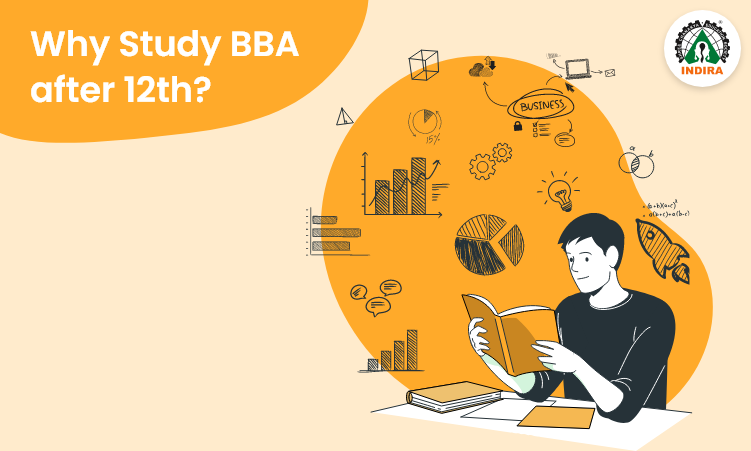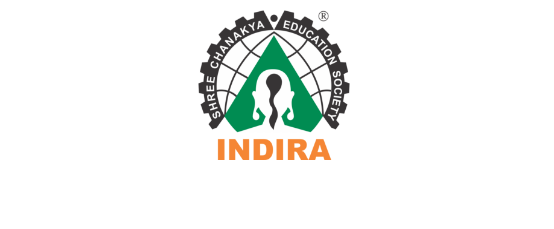As COVID-19 spread across the globe, the entire global economy is shut down, and it is unlike that any such economic recession world has experienced before or even imagined in worst circumstances. This may bring about a worse situation, disrupting not only the economies but also the overall global socio-economic equation. Apparently, this time the crisis is different, and it is uncertain how long it will take to recover before it turns up into depression.
When it comes to the economic recession world has lived through some massive economic shocks; there was a great depression that occurred in 1929 and lasted a decade. Then in the 2007-08 subprime mortgage crisis in the US-led to the global financial debacle setting off cascading effects the world over for a long time. Many countries suffered economic shocks even after the crisis was over. And now, there is Corona pandemic; this time, the severity and swiftness of shock are baffling and unprecedented mainly because it’s a terrific health crisis that cannot be fixed immediately.
The rapid spread of the epidemic puts immense pressure on public administration, hospitals, and the entire public health care system. Though countries are trying to flatten the impact of lock-down and enforcing social distancing, it is taking a big toll. This is going to cause adverse economic consequences, more aggressively. The impact of lock-down would be deeper than that of an economic recession. And, the irony here is, to save the country, it needs to be shut down first. For a big chunk of the population, this is going to be very painful.
As far as India is concerned, around 78 percent of the workforce of its 1.3. Billion population is self-employed, some of them work on daily wage, 120 million of them are migrant workers, most of whom have lost the jobs and they have no source of livelihood now. In South Africa, soldiers are literally pushing 57 million people back home who have nothing to feed their families. The unemployment rate there before the Corona epidemic was already 30 percent, and it is going to be worse now.
So how can one get around this kind of crisis of economic stagnation and global unemployment? Well, there is no immediate solution than to save people first, then the economy. And, the economists the world over are bracing up for such a complex situation that poses a severe threat, yet an opportunity to learn lessons in disguise. An opportunity to fix what is broken. This situation compels us to think about the sustainability of people, the planet, and of a sound ecosystem.
It compels us to ponder that do we have a resilient economy, strong agriculture, food production, and supply system? Do we have a robust ecosystem and dependable healthcare to be sure so that when such a crisis hits the economy, nations can go on protecting and supporting people, feeding them, keeping them healthy to prevent any kind of economic damage or social dissent that may otherwise turn into social instability, disturb socio-economic fabric that would push nations into the plight of (unsustainable) development; yet another spate of irony.














.png)




